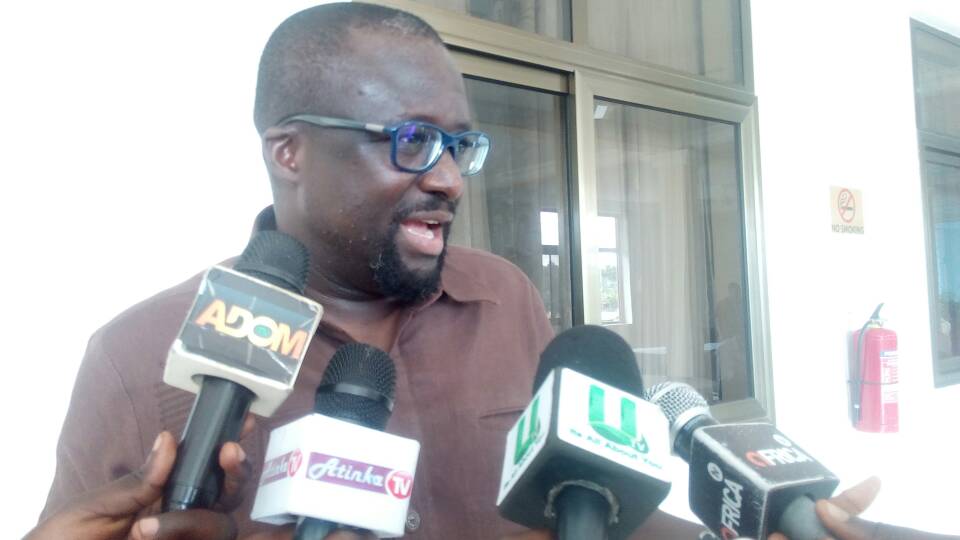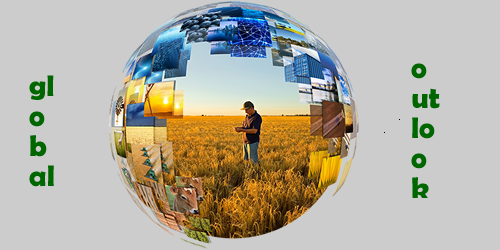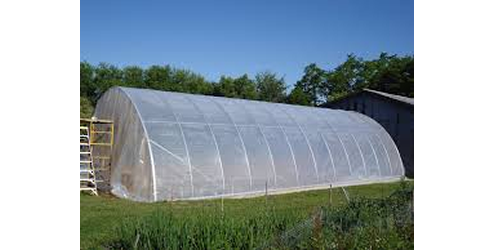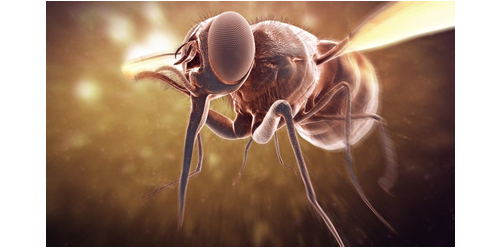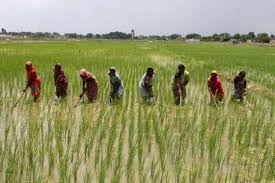Nigeria, Ghana, Others to Benefit From U.S.$3.3 Million Rice Production Grant
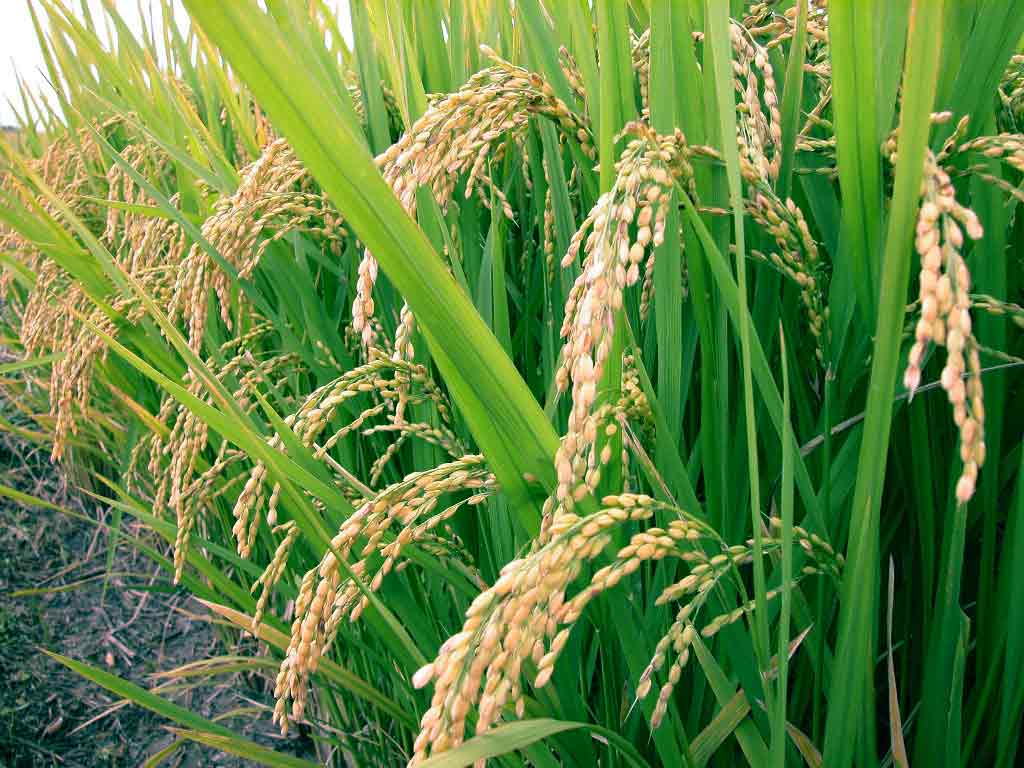
Abuja — Four African countries-Nigeria, Burkina Faso, Ghana and Tanzania – are to benefit from the $3.3 million grant provided by Bill and Melinda Gates (BMGF) and the German Development Cooperation (BMZ), under their Competitive African Rice Initiative (CARI) project.
The implementing institutions of the grant are led by GIZ, Technoserve, the John A. Kufuor (JAK) and Kili Trust (KT). The project, which will end in 2017 is targeting about 120,000 small scale rice producers, while secondary beneficiaries are the rural service providers and rice millers. The initiative is geared towards improving their sourcing capacity of quality supply.
Speaking on the establishment of the Nigeria/ECOWAS Rice Sector Policy and Regulation Advocacy Platform in Abuja, CARI’s project coordinator, Mr. Stefan Kachelriess-Matthess, stated that the main instrument for the implementation of CARI across the four countries on the matching grant will be on the basis of Public Private Partnership (PPP). Kachel-Matthess said: “The projects are implemented at two levels of support, we support up to 40 percent of implementation cost and our Nigerian partners in the private sector have to provide 60 per cent of the implementation cost.”
In her remarks, the Special Adviser to President Goodluck Jonathan on the New Partnership for Africa’s Development (NEPAD), Mrs. Fidelia Njeze, who was represented by Mrs. Jael Kpatuwak expressed the hope that the CARI project will address coordination failures, create better linkages among rice value chain actors, the result which, she said, will lead to increase in the economic returns for all stakeholders.
She said the sector holds the key to getting Nigeria out of poverty as it provides food security, employment for the teeming population and creating the platform for a diversified economy towards an industrialisation revolution.
Njeze said: “this focus on rice commodity is most strategic for Nigeria and the West African sub-region which imports close to 50 percent of rice from foreign countries outside the shores of the African continent.
“In the last couple of years, Nigeria spent approximately N1 billion daily on rice importation. This has led to the export of our jobs and financial resources meant for the transformation of the domestic rice sector in order to achieve self-sufficiency and exports.”
According to her, the German Development Cooperation has been a major partner to NEPAD in the implementation of the Comprehensive Africa Agriculture Development Programme (CAADP), adding that GIZ had supported the organisation Nigeria’s CAADP country team orientation workshop in 2011.
Also speaking at the event, the ECOWAS Commissioner of Agriculture, Environment and Water Resources, Dr. Lapodini Marc Atouga, represented by a Director at the Commission, said rice consumption in the last two years in the sub-region had increased from 7 to 7.7 million tons, pointing out this clearly shows that production is not matching up with the consumption as it has to depend on international imports for 40 per cent of its rice supply with Thailand and Vietnam as the leading suppliers of the commodity to the region.
As a way of achieving its regional Agriculture Investment Programme (RAIP), he said the Commission went a step further to develop projects and programmes that will increase rice production and productivity in the region.
While commending the various initiatives, he said ECOWAS welcomes the setting up of an advocacy platform for rice in Nigeria.
He said: “I will like to commend GIZ/CARI foor this timely initiative. The need to have a permanent and functional platform to promote rice development cannot be overemphasised.
“With the current interventions on rice in the West Africa region we must all endeavour to build sustainable rice value chains with access to finance, technology and knowledge to move the region from a rice deficit to a rice surplus one

